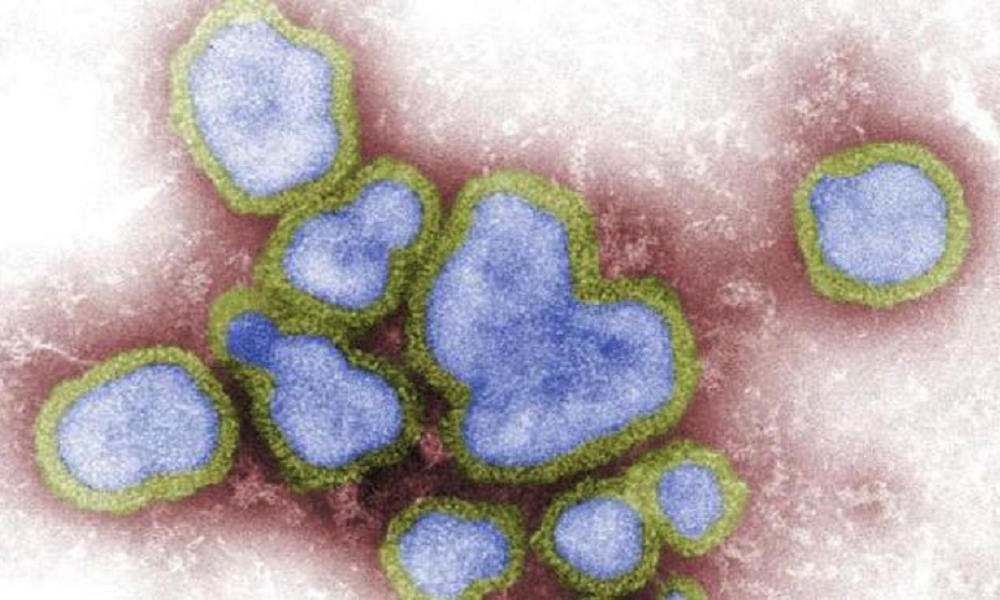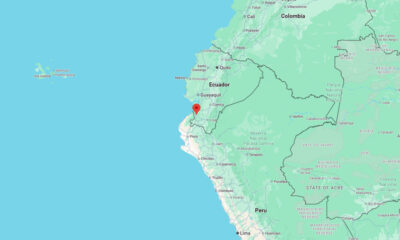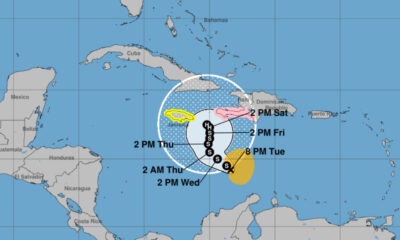Health
Louisiana reports first presumptive human case of H5N1 bird flu

Louisiana has reported its first presumptive human case of H5N1 bird flu, according to the state’s health department. The individual is currently hospitalized.
In a statement released on Friday, the Louisiana Department of Health (LDH) announced the case, stating that the infected person had been exposed to sick and dead birds suspected to carry the virus. “The individual is a resident of southwestern Louisiana and is currently hospitalized,” the statement said.
No information regarding the patient’s symptoms or his current status was immediately provided.
Louisiana’s case is part of a larger trend of H5N1 infections being detected in people with close exposure to infected birds or dairy. The specific strain involved in this case is believed to be clade 2.3.4.4b, a newer variant that has raised global concern due to its widespread presence and mutations that could facilitate easier transmission in mammals.
Last week, Arizona confirmed its first two cases of H5 bird flu in humans, in poultry workers who experienced mild symptoms and have already recovered.
LINK: A list of all human cases of H5N1 bird flu since 2021
There have been 67 confirmed human cases of H5N1 in the U.S., with most linked to poultry or dairy exposure. However, two cases—one in California and one in Missouri—have no known connection to poultry or dairy, sparking concerns that the virus might be spreading through other mammals or alternate transmission methods.
A similar situation was reported in Canada’s first human H5N1 case, detected in early November. The patient, a teenager with no ties to poultry or dairy, was being treated in a hospital in British Columbia and last reported to be in critical condition. Experts maintain there is currently no evidence of human-to-human transmission.
Globally, 82 human cases of H5N1 bird flu have been reported this year, including 67 in the United States, 10 in Cambodia, two in Vietnam, and one each in Australia, Canada, and China. The newer clade 2.3.4.4b variant has been identified or suspected in the Canadian case and all U.S. cases, which include 35 in California, 14 in Washington, 10 in Colorado, 2 in Arizona, 2 in Michigan, and 1 each in Louisiana, Texas, Oregon, and Missouri.

-

 US News17 hours ago
US News17 hours agoJetBlue flight diverts to Tampa after altitude drop injures at least 15
-

 US News6 days ago
US News6 days agoUnwarned tornado suspected in Fort Worth as storms cause damage and power outages
-

 World5 days ago
World5 days agoU.S. Navy helicopter and fighter jet crash in South China Sea; all crew rescued
-

 Legal5 days ago
Legal5 days agoMultiple injured in shooting at Lincoln University in Pennsylvania
-

 World1 week ago
World1 week agoMagnitude 6.1 earthquake strikes Ecuador–Peru border region
-

 World1 week ago
World1 week agoHurricane watch issued for Haiti due to Tropical Storm Melissa
-

 US News2 days ago
US News2 days agoTrump says U.S. will resume nuclear weapons testing ‘on an equal basis’
-

 US News3 days ago
US News3 days agoDamage reported in Kilgore, Texas following tornado warning




